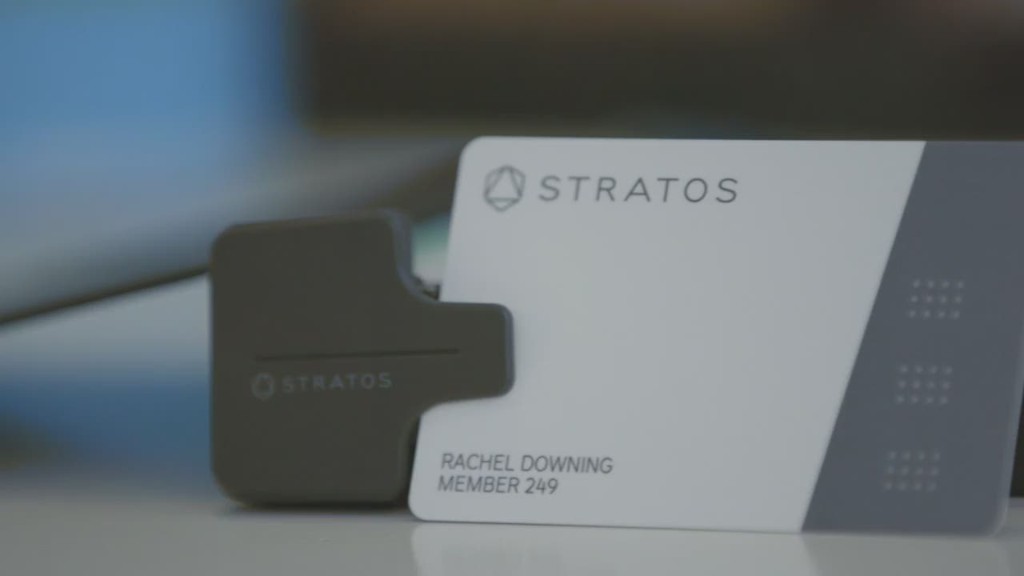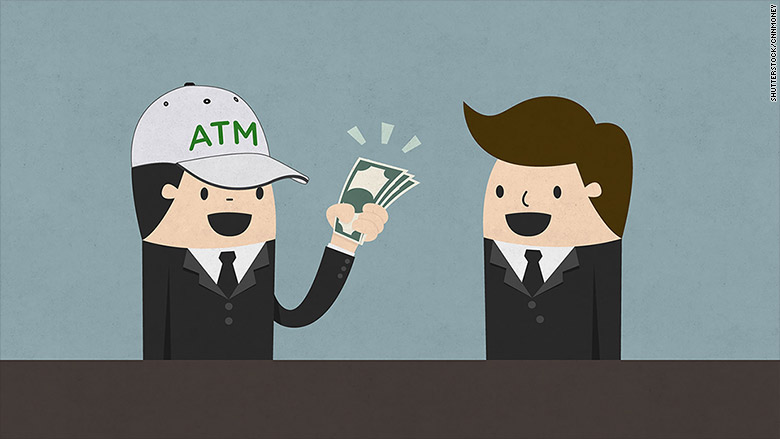
It might finally be time to break up with your bank.
Not only is banking not for everyone, accounts are inaccessible to about half of the world. People are too poor, live too far from a bank or don't have the required documentation. Abra, a new startup, makes banking more accessible while completely cutting out the actual bank.
With Abra, all of your banking lives on your phone. You can withdraw funds, deposit cash and send money using the app. There are no ATMs and no bank branches. (The service is different from recent innovations like Simple, Venmo, PayPal and Chase Pay because those all require bank accounts.)
The idea is that all banking should be as easy as sending a text message.
"In a hyper-connected world, it is astounding to me that you can't pick up the phone and instantly send money to any other phone number in the world," said Abra founder Bill Barhydt, a former software engineer for Goldman Sachs based in San Francisco. He presented his company last week at the Exponential Finance conference in New York.
Related: What the future of crime looks like
"Traditional banking is really good at serving the global 5% to 10% of consumers who reach a certain income level," Barhydt said. "The reality is, the majority of the planet is a cash-based economy and banking doesn't work for those people."
Here's how Abra works: Say you need $100 in cash. To get it, you would open the app and find a bank teller near you using your phone's GPS. Bank tellers can be regular people, as well as businesses like convenience stores. If it's a person, they've had a background check through Abra. (The system is similar to how Uber vets drivers.)

Once you find a teller, you would meet somewhere convenient to both of you. Each person then gets a QR code, which one person scans to validate the transaction. Once validated, the teller would give you $100.
A deposit works the same way, just in reverse.
Except, unlike your friend, the teller makes money by charging a fee, which can be any amount they choose. (Abra recommends they charge around 1.5%, depending on location and convenience.)
Abra charges .25% per transaction, which is the company's only involvement in the actual exchange of currency.
Related: Google engineer: Humans will be hybrids by 2030
Abra is just as anonymous as cash. Other than a phone number, no data is collected. (Unless you're a teller.)
Abra is currently in beta, but is launching in the U.S. and the Philippines in a few weeks. Barhydt said the company has signed up tens of thousands of tellers in those countries, and it will be available around the world in the next year.
Barhydt's only advice for those who sign up with Abra?
"Don't lose your phone."

